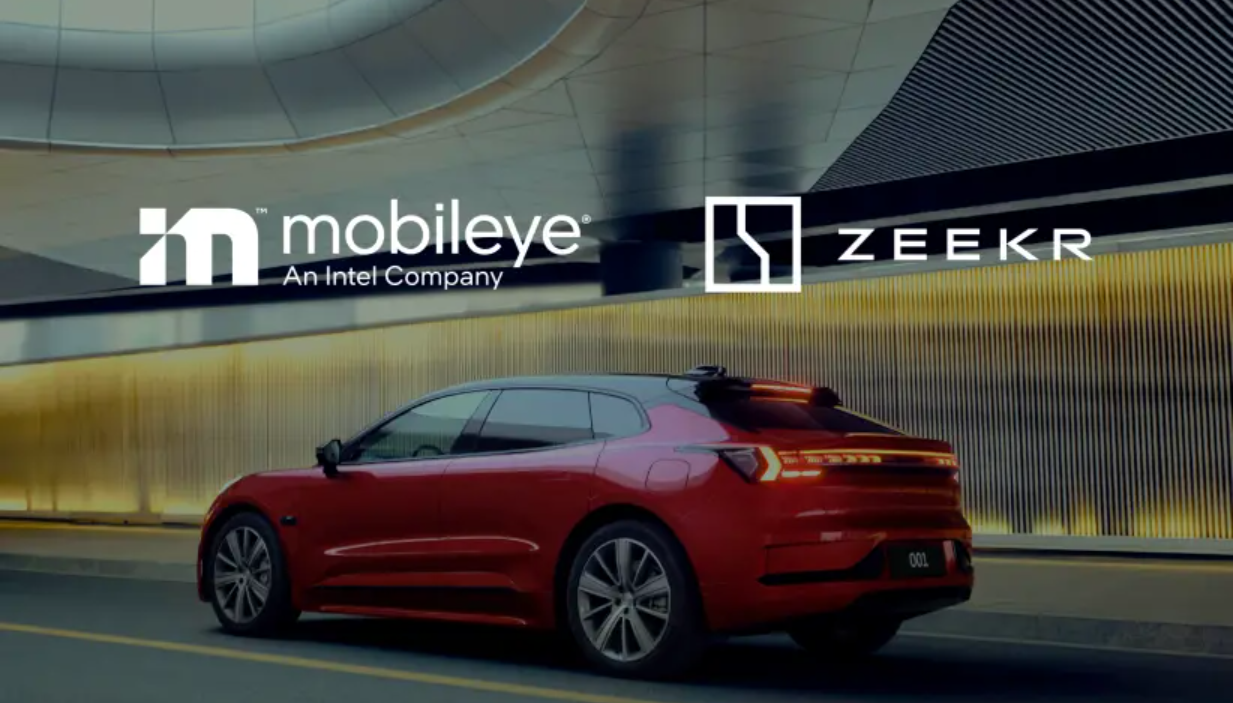
Editing by Greg
Intel's subsidiary Mobileye announced on January 5 that it is joining forces with Zeekr, a premium EV brand under Geely Holdings to develop an electric vehicle with Level 4 self-driving capability that they claim will be launched in 2024.

The highly automated electric vehicles will be equipped with six EyeQ 5, Mobileye's fifth-generation autonomous driving chip aiming at autonomous levels 4 and 5, which can support Mobileye's True Redundancy sensing system, a driving strategy based on the Responsibility-Sensitive Safety (RSS) and Road Experience Management (REM) mapping tech. This car will be based on the redundant braking system, steering, and power functions of the Geely SEA e-platform; it will realize the efficient integration of Mobileye's robust self-driving system and Zeekr's software technology under the Open EyeQ concept.
The pure electric car is planned to be launched in China as early as 2024; it could become the world's first consumer-ready self-driving car with L4 autonomous driving capabilities. The new model is a further expansion of the existing models of Zeekr(极氪), adopting Mobileye Drive technology and Geely's open SEA architecture, and will eventually be launched to the global market.
Mobileye also announced several new strategic partnerships with Volkswagen Group and Ford focusing on enhancing the global driver and passenger experience on January 5.
Volkswagen Group is the world's first automaker to use Mobileye's map data to improve the safety of advanced driver-assistance systems (ADAS). At present, Volkswagen is using a database cluster to improve the driver experience of the Travel Assist 2.5 system. For example, the vehicle can provide lane-keeping assist functions on a certain road without obvious lane markings.
Another automobile giant Ford also plans to use Mobileye's REM mapping tech in the future version of Ford's BlueCruise platform, which allows the driver to cruise on the road without their hands on the wheel while a driver-facing camera detects whether the driver is paying attention to the road ahead.








